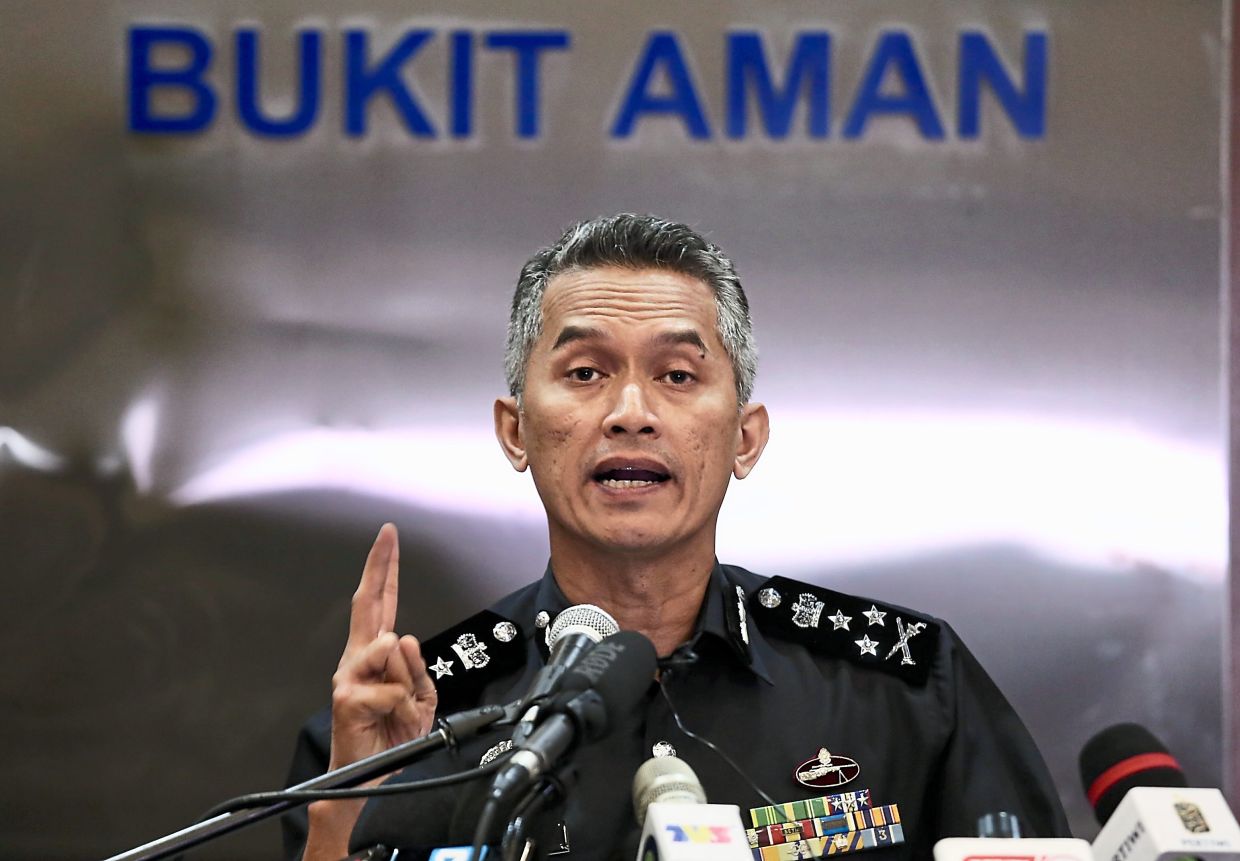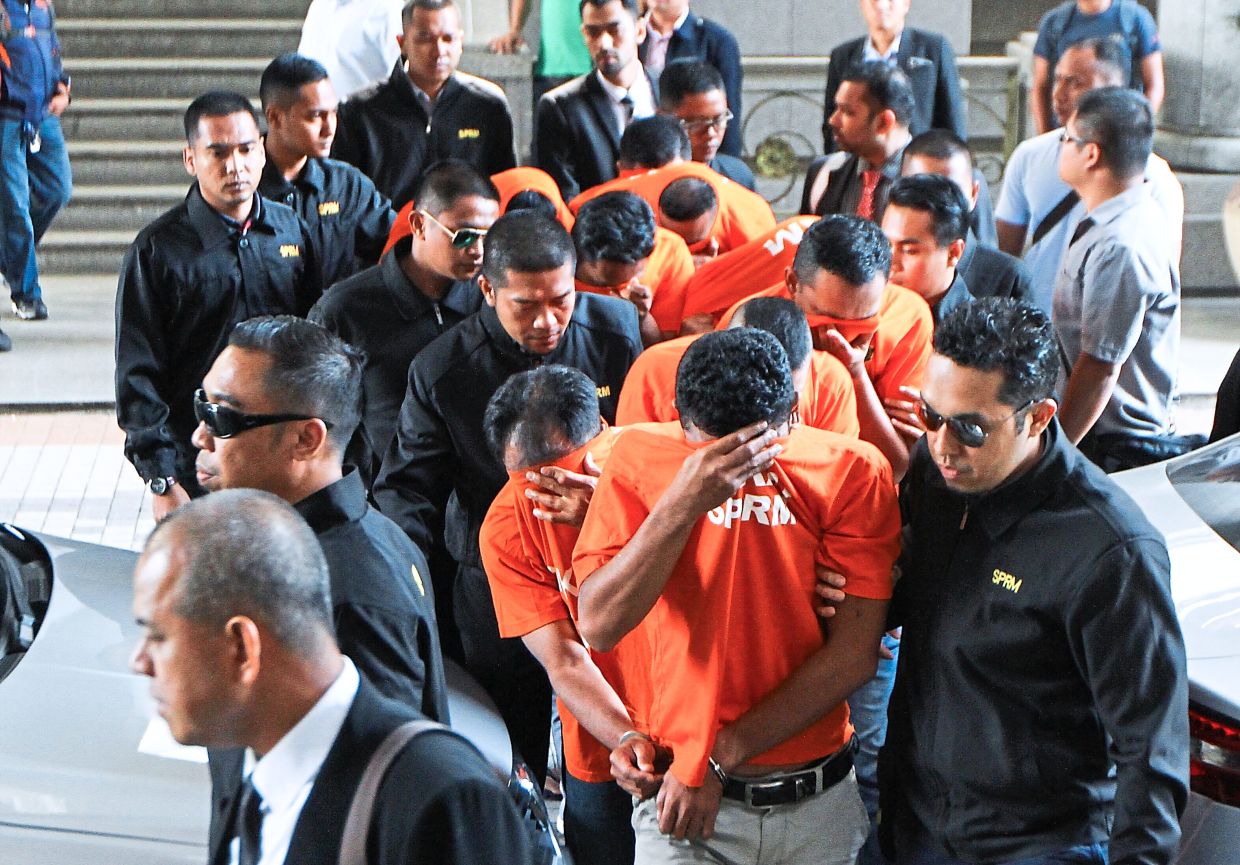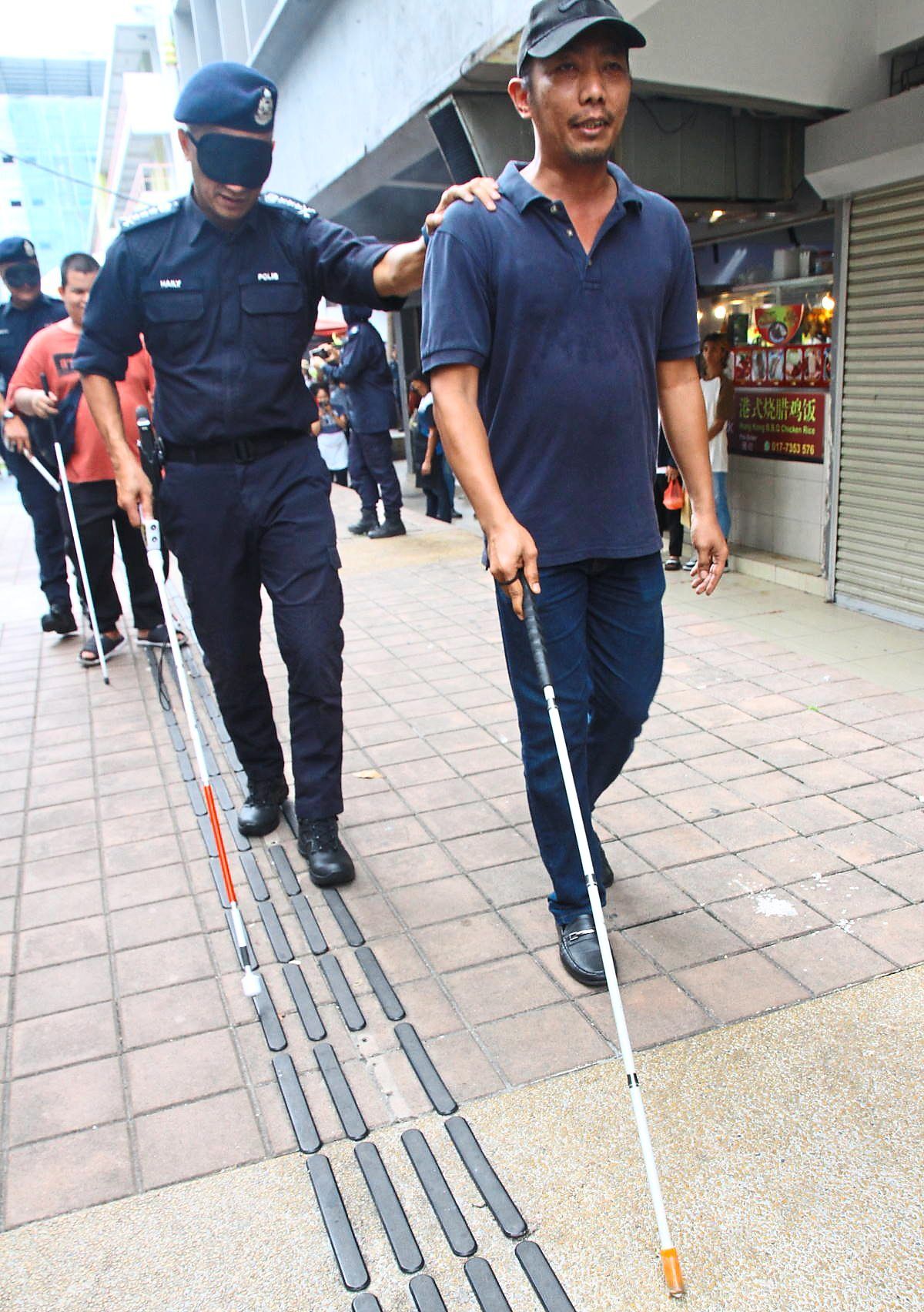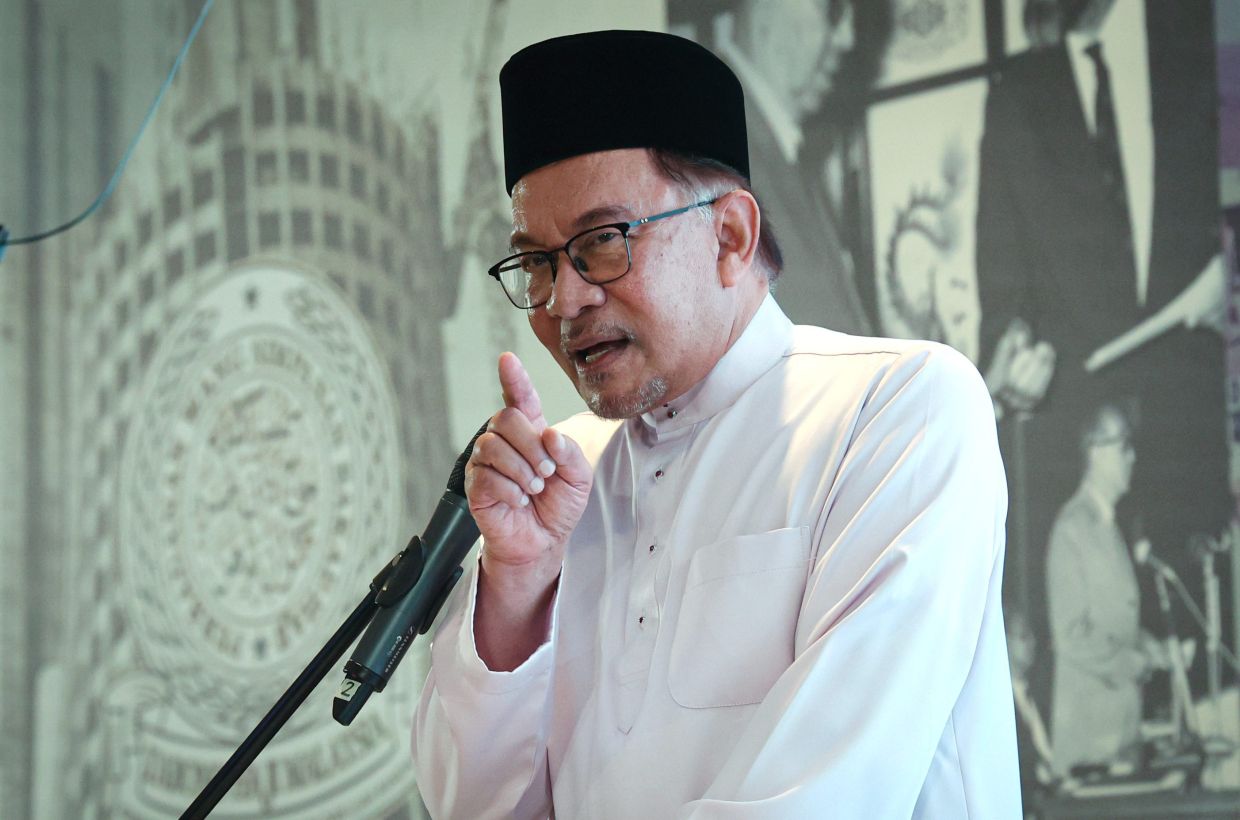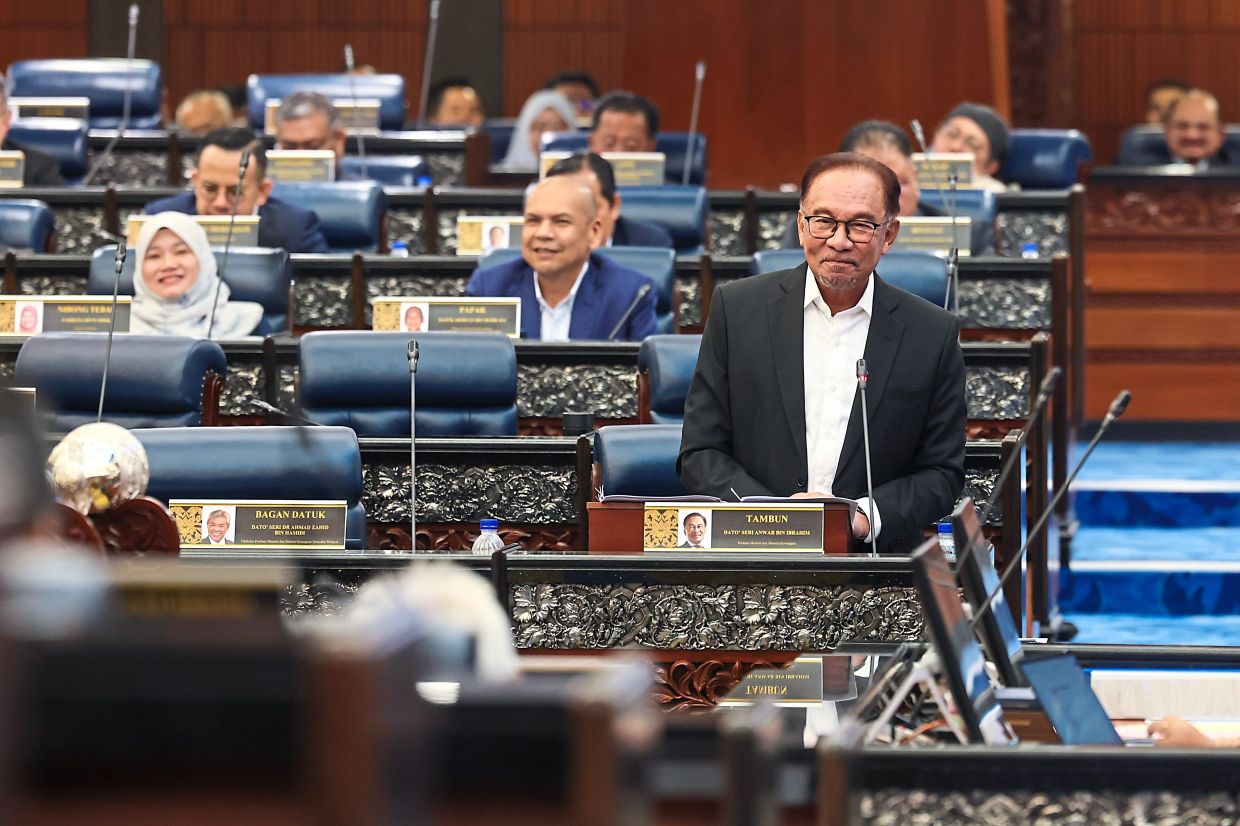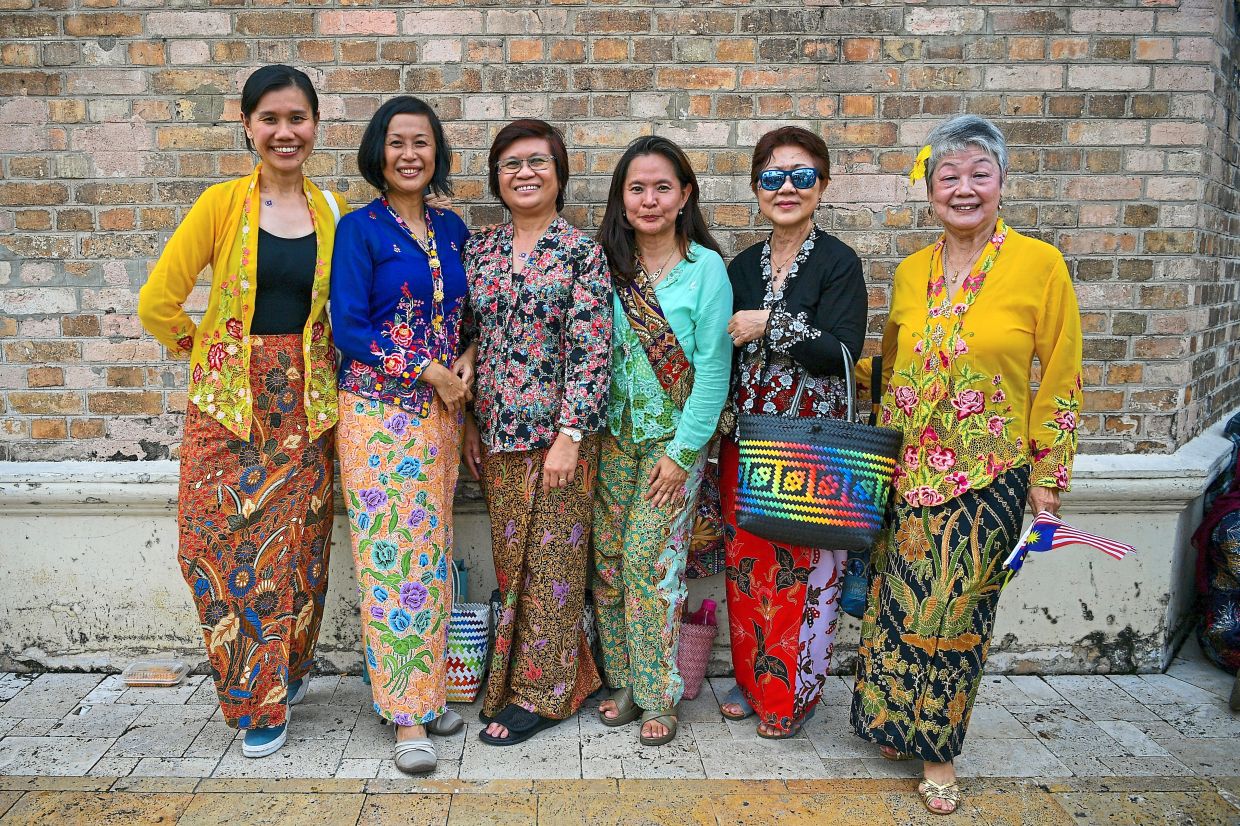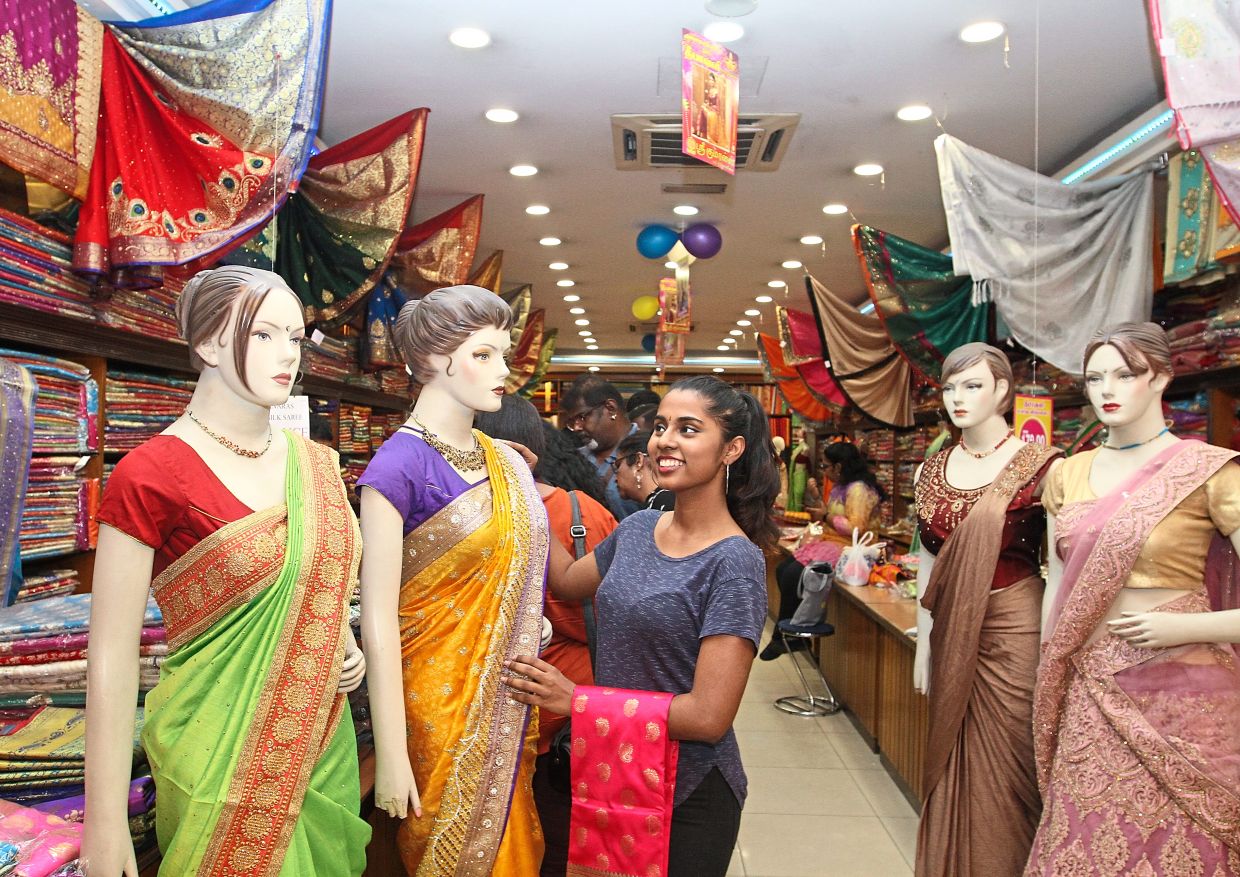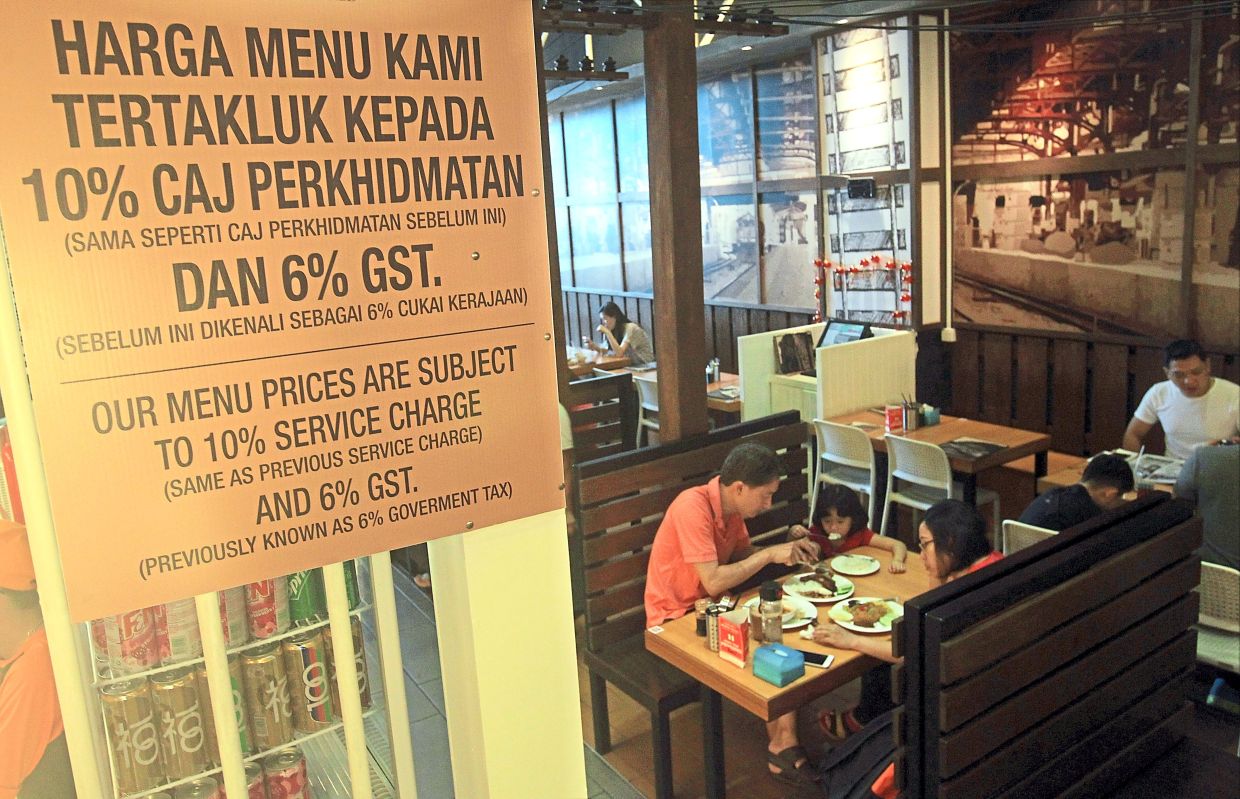GENOCIDE, holocaust or simply an annihilation of the Palestinians in the tiny Gaza Strip. At least one of those descriptions is certainly accurate about what’s happening in the Middle East.
It’s called a strip precisely because it’s just a narrow 360 sq km piece of land wedged between Israel, Egypt and the Mediterranean Sea.
The Gaza Strip, which has about two million people, is one of the most densely populated areas in the world.
But humanity is now about to witness the comprehensive decimation of the community there.
Water and food supplies have been cut, with no power reaching the hospitals either. No one is spared as Israel has ordered everyone, including hospital patients, to get out before the ground offensive begins.
The World Health Organisation (WHO) has aptly called it a “death sentence” by Israel.

Relatives attend the funeral of Christian and Muslim Palestinians who were sheltering at a Greek Orthodox church in Gaza City, killed in Israeli airstrikes that hit it on Thursday. The Israeli military said it was targeting a Hamas command centre nearby. — AP
Basically, ordinary Palestinians who aren’t even Hamas members, will now lose what’s left of their race. The tiny enclave with no real government or army, stands to even lose its people’s dignity.
While many of us are outraged at the unravelling atrocities, we need to first understand certain fundamentals.
Presently, the Palestinians live in the Iran-backed Hamas-controlled Gaza Strip, while in the nearby West Bank, it’s administered by Israel with some degree of autonomous rule by the Fatah- run Palestinian Authority.
No sane person could condone the kidnapping or killing of Israelis by Hamas. Violence isn’t right and it’s hard to justify such actions in any circumstance. Young people attending a music festival have been taken hostage and made into human shields.
But the ordinary people in Gaza are now paying the price for the attacks by Hamas.
It will be an assault by the Israelis that the people on the Gaza Strip can’t win, and it’s tragically disappointing that the United States doesn’t want to initiate a ceasefire or de-escalation.
The US has, instead, provided more fire power to its ally for complete destruction. It has just committed billions of dollars to strengthening Israel. Whether US President Joe Biden’s intentions are to broker a deal or appeal to Israel to provide routes out of the conflict zone, he will inevitably be going to Israel to support Prime Minister Benjamin Netanyahu.
The world isn’t going to believe that it was Hamas who bombed the crowded Al-Ahli Baptist Hospital that killed 3,000 people.
The hospital, built in 1882, is in the Zeitoun neighbourhood in the south of Gaza and managed by the Episcopal Church in Jerusalem. Before this, health authorities and medical organisations had reported Israel forces deliberately bombing ambulances and health facilities in Gaza, breaching international rules that catalogue such acts as war crimes.
There’s an abundance of reports documenting these systematic attacks and medical personnel being targeted and killed.
If the world does nothing except issue condemnations, that won’t be enough to end the conflict. Only the superpowers can pressure and stop Israel, and certainly not Malaysian forces, so let’s not kid ourselves.
The Arab world is in a similar bind because some nations have diplomatic ties with Israel, but they have appropriately decided not to meet Biden over a hastily called summit. It’s a strong signal to Biden and Israel of the great unhappiness of the Arab world even though some of these countries are not fans of Hamas.
I’m glad that Members of Parliament from all parties and ordinary Malaysians of all faiths have registered their outrage and joined in the noble protest.
It’s not merely a conflict between Palestinian Muslims who are further oppressed by the Jews from Israel. It’s much more complex than that.
Palestinian Christians have seen their land robbed from them and they get the same treatment as their Muslim brothers when they enter Israeli-occupied areas.
I’ve witnessed personally the humiliation suffered by the Palestinians. Yes, there are Christian Arabs and Christian Palestinians.

Tragically disappointing: Protesters rallying against the Israeli military operations in Gaza in Washington DC. Only the superpowers can pressure and stop Israel but the United States doesn’t seem to want to initiate a ceasefire or de-escalation. — AFP
Likewise, there are Muslim Arabs who have Israeli citizenship and live in the country. Jews, by the way, are not Christians, and not all Israelis or Jews are Zionists. There are many secular Jews who don’t subscribe to the religious practices of their community.
The danger here in Malaysia is that many Malaysians lump all Israelis under the category of the hated “Orang Yahudi” like how some evangelical Christians typecast all Israelis as God-fearing and righteous “God’s chosen people.”
In fact, in 2021, church leaders in Jerusalem condemned attacks on Christians across Jerusalem and the Holy Land. “Fringe radical groups” with strong Jewish links were responsible for physical assaults and vandalising churches.
There are many video-clips on YouTube which clearly depict Christian pilgrims being spat at and abused.
As the anger festers and grows in an unending cycle over the conflict area, memories of my pilgrimage to Jerusalem in 2005 have come flooding back. I had wanted to travel to the Holy Land again in 2022, but the Malaysian general election put paid to those plans.
Malaysians aren’t allowed to travel to Israel since we have no diplomatic ties, but thanks to the Malaysian government’s flexibility, restricted trips to Jerusalem are allowed for religious purposes.
I remember my guides were a Muslim driver, Ahmad Badawi, and an Arab Christian, Jerries Farra. The latter spoke excellent Bahasa Indonesia because he often had to chaperone Indonesian pilgrims, the most visitors from South-East Asia to Jerusalem.
Farra, who could quote Bible verses in Bahasa Indonesia, was often emotional when he spoke about the unfair practices, alerting us to the wall being constructed on the West Bank then.
I lost count of security checkpoints manned by Israeli soldiers outside towns such as Bethlehem, Jericho and Nazareth, all biblical sites, but under the control of the Palestinian Authority.
Palestinians were often stopped randomly at roadsides and the simple act of entering their hometowns could become six-hour ordeals, affecting their productivity and hampering their movements.
How would you feel if occupiers did this to you and your family for 60 years?
How many Palestinians have been killed by Israeli forces just this year? The answer: a staggering 4,200 people including over a thousand children and 800 women, with more than 15,000 injured. This figure is likely out-dated by now.
Do I believe that the Israelis didn’t bomb the Al-Ahli Baptist Hospital? Not at all, and it’s even sadder to hear Biden, and especially CNN, trying valiantly to defend the Israelis.
When Shireen Abu Akleh, a Palestinian-American reporter and acclaimed correspondent for Al Jazeera, was shot dead on May 12, 2022, the world was served the same denial.
She was killed by a sniper while performing her duty reporting on Israel’s raid in the Jenin refugee camp despite wearing distinctive identification as a journalist.
Unfortunately, the West has refused to acknowledge the root causes of the problem.
In the coming weeks, maybe even days, the Israeli tanks will roll into the streets of Gaza. If they think they’ve finally won the war, they’re grossly mistaken because after 60 years of conflict, little has changed despite their huge arsenal of modern weapons and financial backing.
As children watching the old Hollywood westerns and TV shows, we naively believed the cowboys were the good guys while the Red Indians were savages. Not anymore because we all now know that the cowboys were pilfering the native Americans’ land and slaughtering them.
The world has become better-informed. We don’t have to rely only on CNN to understand what’s transpiring in the Gaza Strip.
The Palestinians have been provoked, attacked, killed and trampled upon for over 60 years, doesn’t the West get it?
With Palestine we stand.




